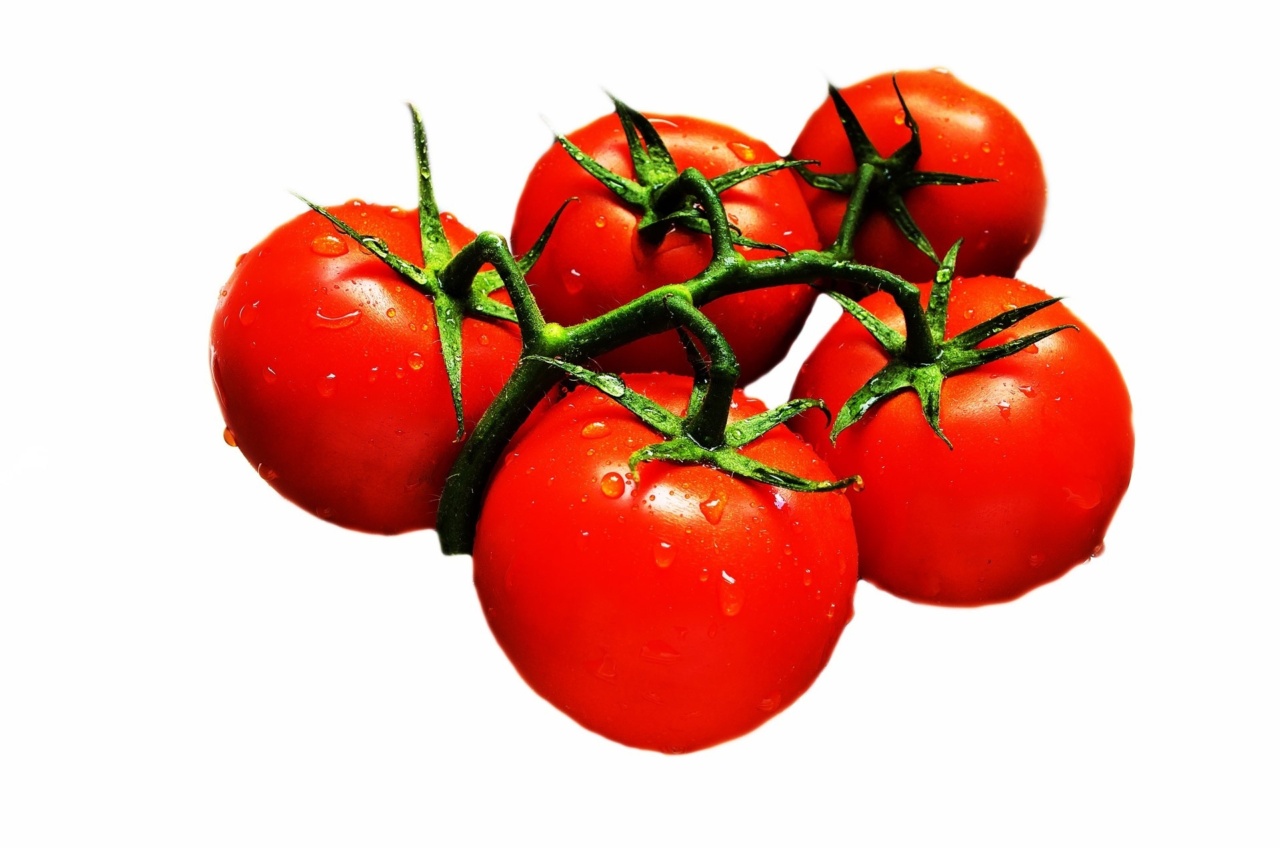Antioxidants are essential components of a healthy diet, as they play a crucial role in maintaining overall health and well-being.
These powerful compounds protect our bodies against harmful free radicals, which are unstable molecules that can cause damage to cells and contribute to the development of various chronic diseases. By incorporating antioxidant-rich foods into our daily meals, we can significantly enhance our body’s defense mechanisms and promote optimal health.
In this article, we will explore the importance of antioxidants, their sources, and their various health benefits.
What are Antioxidants?
Antioxidants are substances that inhibit or neutralize the damaging effects of free radicals.
Free radicals are highly reactive molecules produced in our bodies as a byproduct of normal metabolic processes or introduced through external sources such as environmental toxins, cigarette smoke, or excessive sun exposure. When free radicals accumulate in our bodies, they can lead to oxidative stress, which damages cells, DNA, and proteins, and leads to various health problems.
The Role of Antioxidants in a Healthy Diet
A healthy diet rich in antioxidants can provide numerous health benefits. Antioxidants work by donating electrons to unstable free radicals, effectively neutralizing them and preventing cell damage.
By including antioxidant-rich foods in our diet, we can enhance our body’s ability to combat oxidative stress and reduce the risk of chronic diseases, such as heart disease, certain cancers, and neurological disorders.
Types of Antioxidants
There are several different types of antioxidants, each with its unique properties and health benefits:.
1. Vitamin C
Vitamin C, also known as ascorbic acid, is a powerful antioxidant that plays a vital role in strengthening the immune system and promoting collagen synthesis.
It is commonly found in fruits and vegetables such as oranges, strawberries, broccoli, and bell peppers.
2. Vitamin E
Vitamin E is a fat-soluble vitamin that protects cell membranes from oxidative damage. It is found in nuts, seeds, vegetable oils, and leafy green vegetables.
3. Beta-Carotene
Beta-carotene is a pigment found in brightly colored fruits and vegetables such as carrots, sweet potatoes, and spinach. Our bodies convert beta-carotene into vitamin A, a potent antioxidant that supports healthy vision and immune function.
4. Selenium
Selenium is a trace mineral that acts as an antioxidant in the body. It is mainly found in seafood, meats, whole grains, and Brazil nuts.
5. Flavonoids
Flavonoids are a diverse group of antioxidants commonly found in fruits, vegetables, tea, and dark chocolate. They have been shown to reduce inflammation, improve heart health, and enhance brain function.
The Benefits of Antioxidants
The consumption of antioxidants is associated with numerous health benefits, including:.
1. Protection Against Chronic Diseases
Antioxidants help protect against chronic diseases by reducing inflammation and neutralizing free radicals.
Studies have shown that a diet rich in antioxidants is linked to a lower risk of heart disease, certain types of cancer, and neurodegenerative disorders like Alzheimer’s and Parkinson’s disease.
2. Strengthened Immune System
Antioxidants, particularly vitamin C, play a crucial role in supporting a healthy immune system. They help stimulate the production of white blood cells and enhance their effectiveness in fighting off infections and illnesses.
3. Skin Health
Antioxidants help maintain skin health by protecting against the damaging effects of UV radiation and reducing the risk of premature aging and skin cancer.
Vitamin E and beta-carotene, in particular, have been shown to improve skin elasticity and hydration.
4. Eye Health
Antioxidants like vitamin C, vitamin E, and beta-carotene are essential for maintaining eye health. They protect the eyes against oxidative stress, reduce the risk of age-related macular degeneration and cataracts, and improve overall vision.
5. Reduced Inflammation
Chronic inflammation is a common underlying factor in various diseases, including heart disease, diabetes, and cancer. Antioxidants, especially flavonoids, help reduce inflammation in the body by inhibiting the production of inflammatory molecules.
Sources of Antioxidants
Antioxidants are predominantly found in plant-based foods, including:.
1. Fruits and Vegetables
A wide variety of fruits and vegetables are rich in antioxidants. Berries, such as blueberries, strawberries, and raspberries, are particularly high in antioxidants.
Other antioxidant-rich fruits and vegetables include kale, spinach, Brussels sprouts, and tomatoes.
2. Nuts and Seeds
Nuts and seeds, such as almonds, walnuts, and chia seeds, contain high levels of antioxidants, healthy fats, and fiber, making them excellent additions to a healthy diet.
3. Whole Grains
Whole grains, such as brown rice, quinoa, and oats, provide not only antioxidants but also essential nutrients and dietary fiber.
4. Herbs and Spices
Herbs and spices, such as turmeric, oregano, cinnamon, and ginger, are rich in antioxidants and can be easily incorporated into various dishes.
Incorporating Antioxidants into Your Diet
Here are some tips to help you increase your antioxidant intake:.
1. Eat a Rainbow of Fruits and Vegetables
Include a wide variety of colorful fruits and vegetables in your diet to ensure a diverse range of antioxidants. Aim for at least five servings per day.
2. Choose Whole Foods
Opt for whole foods, such as fresh fruits, vegetables, nuts, and whole grains, rather than processed foods that may have lower antioxidant content.
3. Cook with Herbs and Spices
Add herbs and spices to your meals to boost their antioxidant content and enhance the flavor.
4. Snack on Nuts and Seeds
Keep a stash of antioxidant-rich nuts and seeds for healthy snacking options.
5. Consider Supplements
If you struggle to meet your antioxidant needs through diet alone, talk to your healthcare provider about the potential benefits of antioxidant supplements.
Conclusion
Antioxidants are powerful compounds that play a crucial role in maintaining good health. By incorporating antioxidant-rich foods into our diet, we can enhance our body’s defense mechanisms and reduce the risk of chronic diseases.
Remember to eat a variety of colorful fruits and vegetables, choose whole foods, cook with herbs and spices, and consider supplements if necessary. By following these strategies, you can ensure that your diet is rich in antioxidants, promoting overall well-being and vitality.






























